Sustainability
Environmental sustainability and climate change are probably the greatest issues facing humankind in the twenty first century: they are a major focus of Exeter’s research and teaching activities and a key responsibility for the staff and students at our University.
The University declared an environment and climate emergency in 2019 and in April 2022, based on support and input from students and staff, the University brought forward its carbon net zero target.
The new target covers direct emissions (known as Scope 1 & 2) and – crucially – also includes Scope 3 (all other indirect emissions caused by the University's activities, such as purchases).
We are actively working to ensure we meet these ambitious targets in Cornwall. This includes our Exeter owned facilities and our shared provision in Truro and Penryn. Our targets differ to our campus partners, but we still intend to meet our 2030 net zero targets.
When we talk about activites on Penryn Campus we are generally referring to the achievements of the campus partnership as a whole.
Our approach to meeting net zero
The approach we are taking is based around three steps:
- Reduce – this is our top priority and includes for example cutting unnecessary purchases and reducing travel
- Low carbon – using low-emission options for necessary activities
- Natural offsetting – when the above two options have been exhausted.
Carbon offsetting is a contentious topic in the net-zero discussion. The University’s approach is to prioritise natural assets that contribute to carbon sequestration as well as improving other areas of natural capital (the benefits of nature), including biodiversity and social wellbeing.
The main themes of our sustainability work are buildings, travel, waste and recycling, food and drink, procurement, biodiversity, digital, changes to teaching and changes to culture.
Here are a few examples of our actions so far.
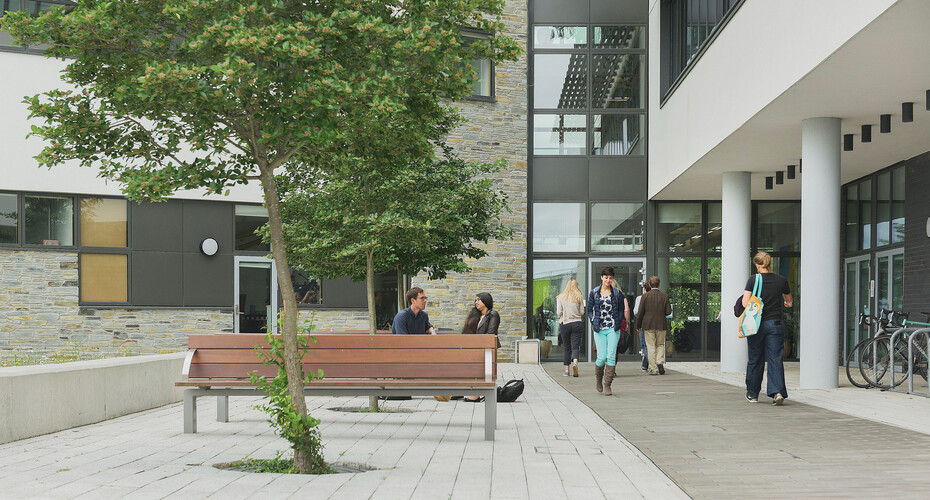
We are installing solar panels on our buildings, upgrading our lighting, have achieved LEAF accreditation for our labs and are looking at ways to decarbonise our heating.

We encourage taking the bus, bike, walking and car sharing. In Penryn we have electric bikes for hire, bike shelters and electric vehicle charging points.
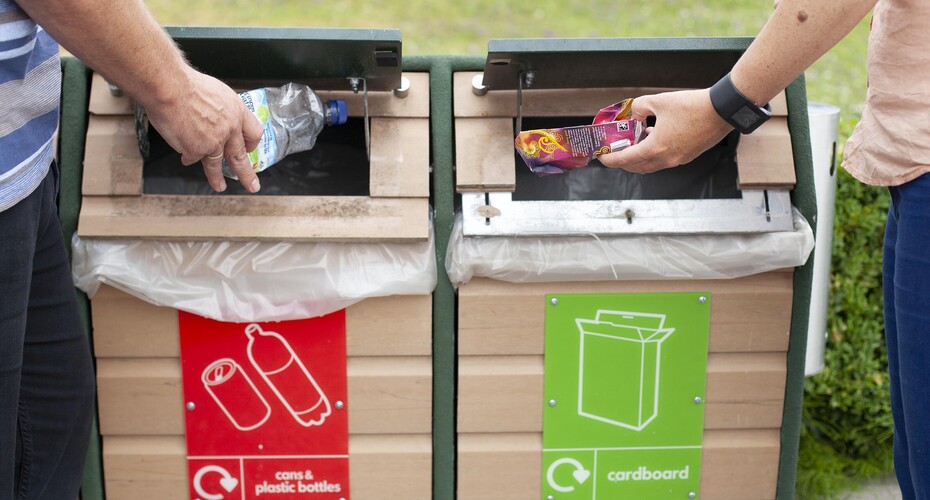
We recycle wherever possible running projects to recycle food waste, encouraging the use of our recycling points, with actions like ban the bin, and donating unused furniture.
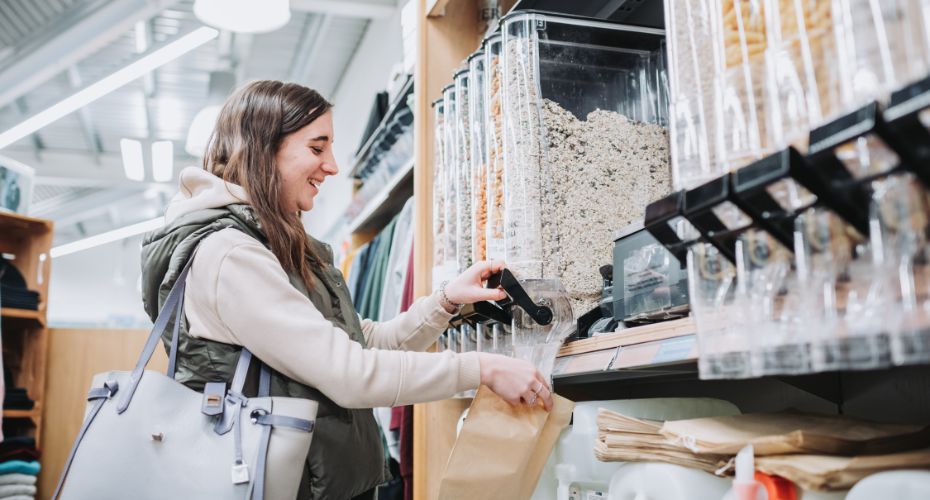
Food outlets on campus aim to source local suppliers whenever possible, promote vegan and vegetarian menu choices and look to minimise plastic packaging and food waste.

We seek to halt and prevent nature loss by addressing our own impacts. Our campus gardens and grounds are precious to us, and we work hard to develop their biodiversity.
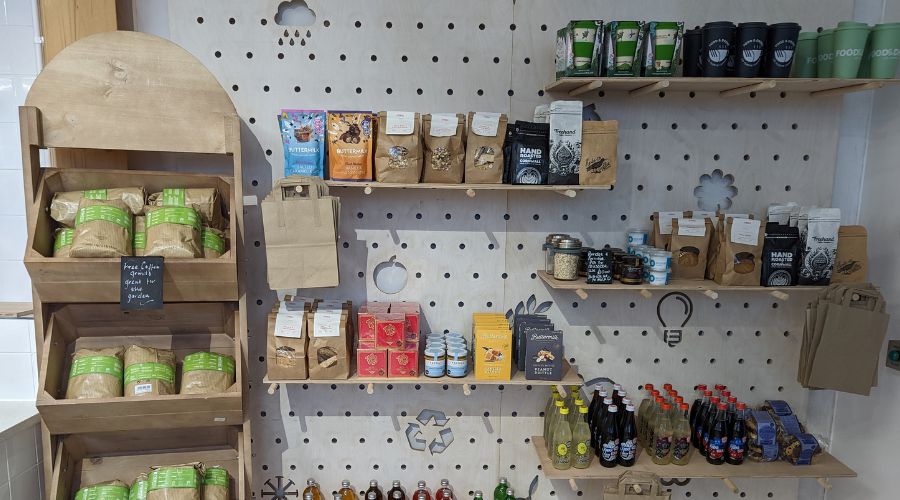
We are working with our suppliers to develop sustainable procurement plans and ensure our suppliers' actions reflect our commitment to carbon reduction.

We recognise the need for investment in technology to reduce our carbon impact and have a digital transformation strategy in place to enable this.

Embedding sustainability into teaching and learning on our campuses is key to influencing the behavioural change needed to meet our net zero targets.
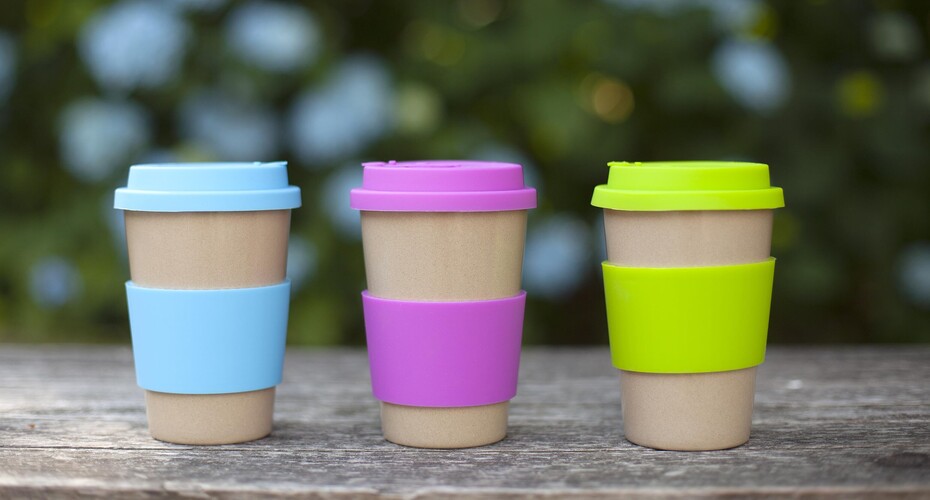
We encourage staff and students to adopt sustainable habits in a number of ways from signing up to Green Rewards to seeking innovative ideas for sustainable projects.

